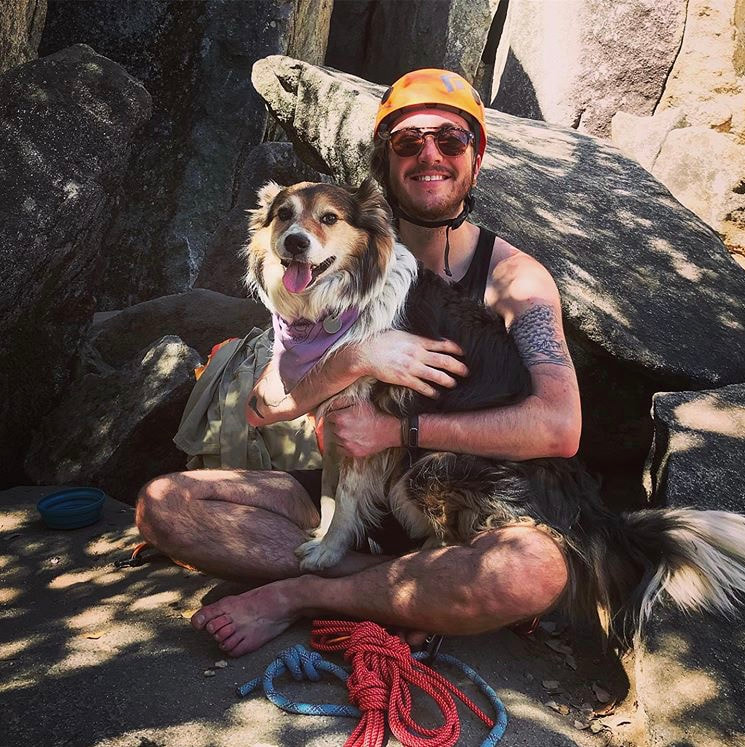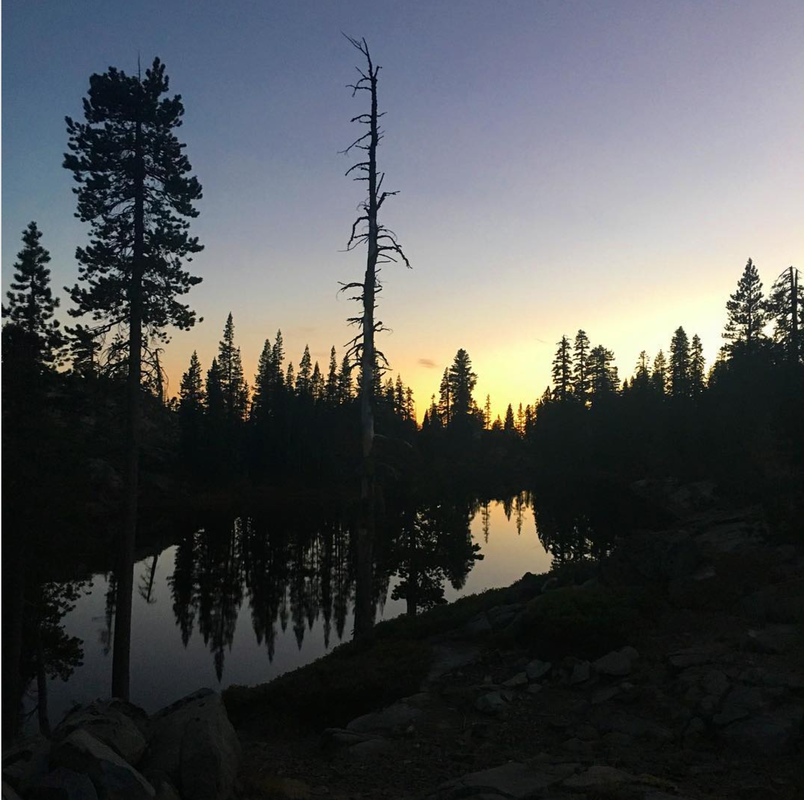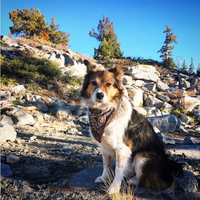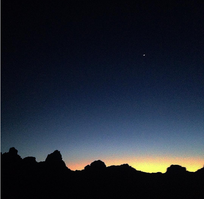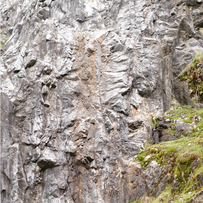|
Greetings! I am the Manager of Sagehen Creek Field Station where I support researchers, educators, students, and the community members immerse themselves in a very gorgeous and special slice of the Sierra Nevada. I'm also proud to be the Director and Co-Founder of Project Biodiversify. I am trained as a community ecologist and biology education researcher. I work to make science equitable and inclusive, and like thinking about ecological networks, community assembly, plants, insects, and microbes. Outside of academia, I enjoy a nice spectrum of activities from adventuring outside to relaxing with friends, a queer/feminist sci-fi novels, and/or warm music. |
My postdoctoral research focused on inclusive representation in undergraduate biology courses in the Ballen Lab at Auburn University and the Weber Lab at Michigan State University. During this time I also managed the Miridae Mobile Nursery, and worked at Rocknasium :)
I completed my PhD in the Ecology Graduate Group at UC Davis in the Rosenheim Lab with lots of support from the Vannette Lab where I unraveled the complex interactions between plants, flower visitors, and floral microbes.
I completed my PhD in the Ecology Graduate Group at UC Davis in the Rosenheim Lab with lots of support from the Vannette Lab where I unraveled the complex interactions between plants, flower visitors, and floral microbes.
Positionality statement
I am a white, able-bodied, non-binary person from the Great Lakes State. I grew up in a privileged and academically-supportive household, which I attribute to most of the opportunities I've been able to experience in my science career. I believe that given the opportunity, everyone has the capability to critically examine the world we live in and contribute to our scientific knowledge base. It is my goal to use the privileges I have to enable folks from all backgrounds and identities to do so. Concurrently, I hope that by being open with the difficulties I have faced in science/society and other emotional hardships I have experienced in my life, I can provide a safe, empathetic, and supportive environment for students to feel empowered and thrive in, whatever their background may be. Read here on the importance of declaring/recognizing positionally.
Why i love BIOLOGY EDUCATION
|
Teaching is my passion and priority: Not only is it an exciting challenge to make difficult concepts understandable and relatable to students, teaching also contributes to our society's enthusiasm for and literacy of science. There are two key motivating themes to my teaching philosophy. First, I think it’s unclear to many students that our scientific knowledge base is continually growing, and that they are in a position to contribute to it. Therefore, making science accessible to students with research- and inquiry-based lessons is a key factor of my teaching philosophy. Second, students cannot achieve their full potential if they are not supported in the classroom environment. Our society, and therefore the science we do and the way we teach science, is not equitable. This is why striving for a fully inclusive classroom environment is also central to my teaching philosophy.
|
